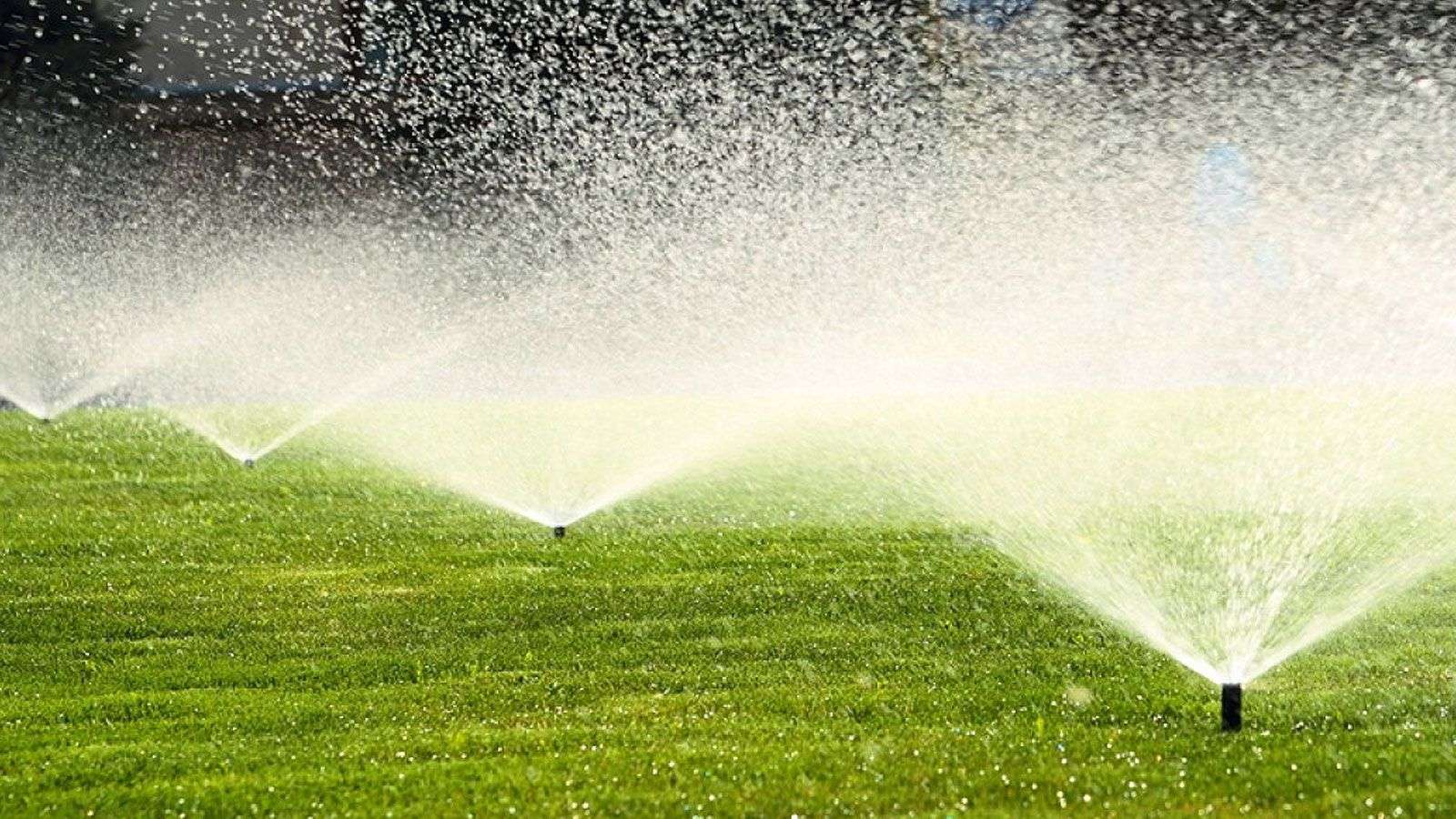
Introduction
In the world of agriculture, efficient water management is paramount to ensure optimal crop growth and yield. Traditional irrigation methods often rely on manual labor and imprecise scheduling, leading to water waste, increased costs, and suboptimal results. However, with the advent of irrigation automation, farmers now have access to innovative technologies that can transform their operations. In this blog post, we will explore the concept of irrigation automation and delve into its benefits, applications, and the future it holds for sustainable farming.
What is irrigation automation?
Irrigation automation involves the use of technology to monitor and control the irrigation process automatically. It replaces manual intervention with sophisticated systems that regulate water delivery based on crop needs, weather conditions, soil moisture levels, and other relevant factors. By utilizing sensors, controllers, and advanced algorithms, automation optimizes water distribution, ensuring that crops receive the right amount of water at the right time.
Benefits of Irrigation Automation:
- Water Conservation: Automated irrigation systems allow for precise water management, reducing water wastage significantly. By continuously monitoring soil moisture levels and weather conditions, irrigation automation ensures that irrigation occurs only when necessary. This not only conserves water but also helps prevent over-irrigation, which can lead to leaching of nutrients and soil erosion.
- Enhanced Crop Health and Yield: Proper irrigation is vital for healthy plant growth and maximum crop yield. Irrigation automation enables farmers to deliver water consistently and uniformly, avoiding under or overwatering. This optimized approach fosters strong root development, reduces plant stress, and enhances nutrient absorption. Consequently, it leads to improved crop health, higher yield, and better quality produce.
- Time and Labor Savings: Automated irrigation systems reduce the need for manual labor in monitoring and operating irrigation processes. Once set up, these systems can be programmed to function autonomously, freeing up farmers’ time for other essential tasks. By eliminating the need for manual intervention, farmers can focus on crop management, pest control, and overall farm efficiency.
- Cost Efficiency: While initial investment costs for irrigation automation may exist, the long-term benefits outweigh them. By using water more efficiently, farmers can reduce their water bills and energy costs associated with pumping and distribution. Additionally, automation helps prevent crop losses due to inadequate or excessive irrigation, saving farmers from potential financial setbacks.
Applications of Irrigation Automation:
Drip Irrigation:
Drip irrigation is a popular method of delivering water directly to the root zone of plants. Automation in drip irrigation systems can precisely control water flow rates, duration, and intervals based on plant requirements. It ensures that each plant receives an adequate amount of water, preventing water runoff and minimizing weed growth.
Sprinkler Systems:
Automated sprinkler systems use sensors to determine when and how much water to apply. By considering factors such as evaporation rates, wind speed, and soil moisture levels, these systems can adjust watering schedules and patterns accordingly. This flexibility maximizes water efficiency and reduces water loss due to evaporation.
Greenhouse Irrigation
In greenhouse environments, where conditions are tightly controlled, automation plays a crucial role in maintaining the optimal moisture levels required for plant growth. By integrating sensors, controllers, and actuators, greenhouse irrigation systems can deliver water precisely to meet the specific needs of each plant species, resulting in healthier crops and improved resource management.
The Future of Irrigation Automation:
The future of irrigation automation holds tremendous potential for further advancements in sustainable agriculture. Here are some exciting developments to look forward to:
Artificial Intelligence (AI) Integration:
AI-powered algorithms can analyze vast amounts of data collected from sensors, satellites, and historical records. By using


